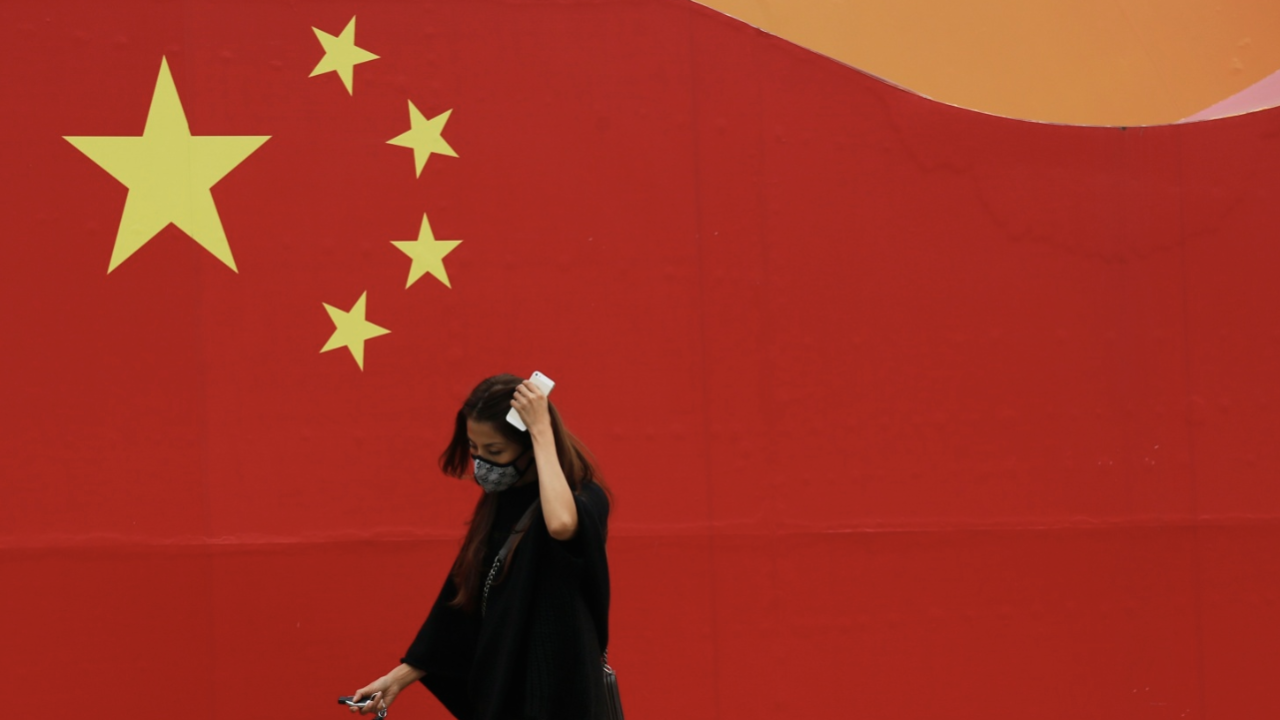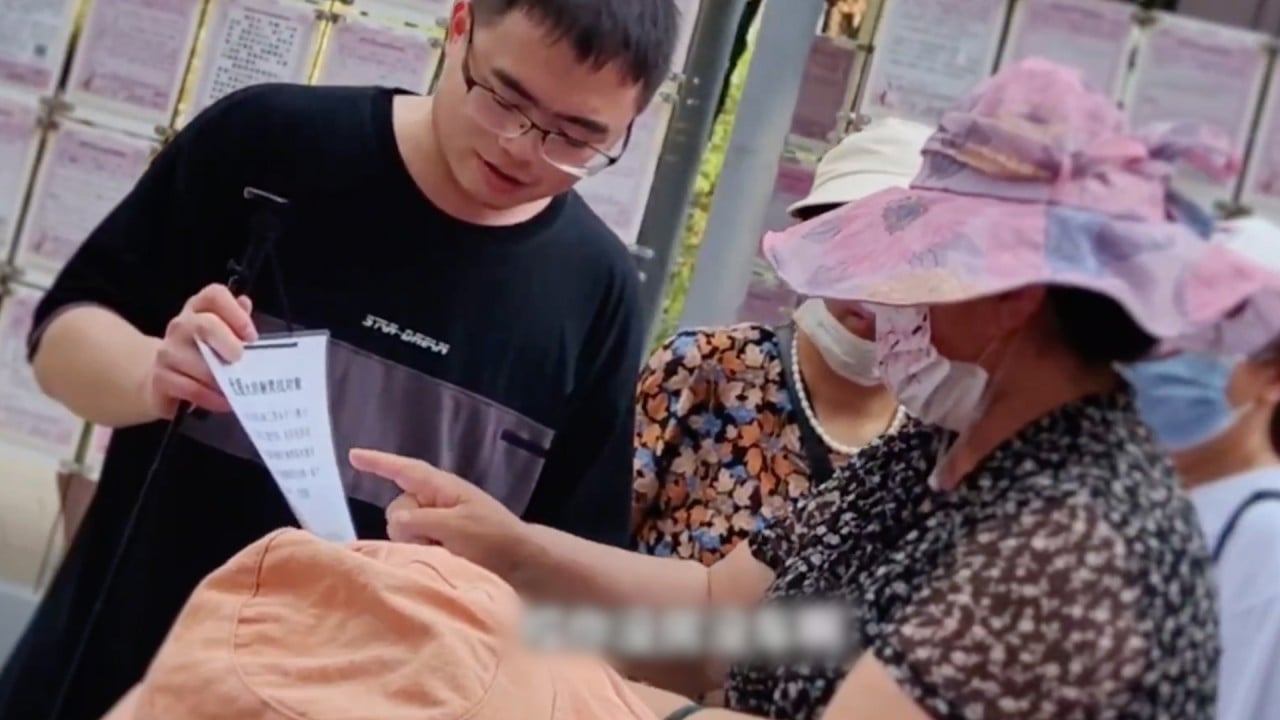
Gender inequality hurts men and boys too. Inclusion is everyone’s fight
- From men’s reluctance to seek mental help to women’s low workforce participation, harmful gender-based social norms and unequal power dynamics hurt everyone
- Men and boys must go beyond being supportive allies to taking shared ownership of the cause
In Hong Kong, just 48 per cent of the local population of women participate in the workforce. This is in contrast to the 64 per cent of men in Hong Kong and mainland China’s female workforce participation rate of 61 per cent. Hong Kong’s rate is also lower than across neighbouring economies, such as South Korea at 56 per cent, Singapore at 63 per cent and Australia at 76 per cent.
These problems are not new and progress in addressing them has been limited. To accelerate change, we need to make a critical course correction: we must reframe the role of men and boys in advancing gender equality.
So far, men and boy’s involvement in gender equality efforts has largely been positioned in terms of being allies, where they are recognised for being champions of women, girls and gender-diverse individuals, and are encouraged to support equal rights.
These efforts have generated positive results. More men are taking up an equal share of the household and caregiving responsibilities at home. At work, many men are looking at employee recruitment, retention and progression with equal rights in mind.
This seems like a winning combination. Gaining a critical mass of men as allies in gender equality to supporting the efforts of women and gender-diverse individuals should make for measurable progress to close the gender gap.
However, given that countries in East Asia and the Pacific are 189 years away from achieving gender parity, it is time to take the next step. We need to invite men and boys to take their place in the core of the movement, to become co-owners and co-creators of gender equality efforts – not just in solidarity with the women in their lives or because it’s the right thing to do, but for the fundamental reason that gender inequality also harms men and boys.
Despite holding most of the power and influence, there are many ways in which boys and men struggle against the strictures of a society that fails to foster gender equality.
This city, as elsewhere, also grapples with sexual violence. While people of all genders can be the victims and perpetrators, we cannot ignore the fact that men are far more likely to be perpetrators of violence against women and gender-diverse individuals as well as other men.
Needs of women must become a permanent part of policymaking in Hong Kong
Women, girls and gender-diverse individuals face myriad challenges because of their gender. These issues are not diminished by acknowledging the challenges facing men and boys. The cause is the same: gender inequality. Similarly, the solution to these problems lies with transformed, equal relations, and we can only achieve this with the help of all genders.
This is no easy task. Reflecting on our internalised biases and assumptions, and then taking action to address these is challenging, evolving work. But for the benefits of gender equality to become palpable and transformational at a societal level, we need people of all genders to model inclusive mindsets and ensure that the full spectrum of diverse voices is included in actively creating equitable opportunities and policies.



